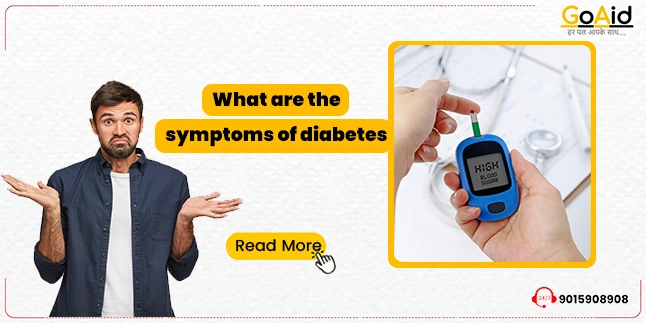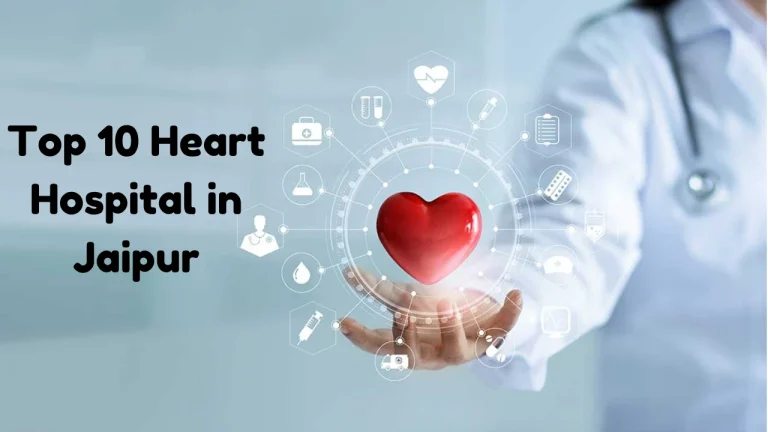The National Health Mission (NHM) is an FHP (Flagship Healthcare Program). This program was launched by the Government of India in 2013 to provide accessible, affordable, and quality healthcare to all citizens. This program was launched mainly for those who live in rural and underprivileged areas. It was launched by merging two existing programs, the National Rural Health Mission and the National Urban Health Mission.
The most important objectives of the National Health Mission-
- Strengthening Healthcare Infrastructure
This program is mainly focused on enhancing healthcare infrastructure. This also includes the establishment and upgradation of primary health centres, community health centres, and district hospitals.
- Improving Maternal and Child Health
A significant focus of NHM is to reduce maternal and child mortality rates. It aims to provide comprehensive maternal healthcare services, safe deliveries, postnatal care, immunizations, and nutrition support to pregnant women and children. Various initiatives are undertaken to improve the health and well-being of mothers and infants.
- Enhancing Universal Immunization
NHM aims to achieve universal immunization coverage. This is focused mainly on children and pregnant women to prevent the spread of vaccine-preventable diseases.
- Controlling Communicable Diseases
The NHM lays emphasis on preventing and controlling communicable diseases like tuberculosis, malaria, and HIV/AIDS diseases. It implements early detection, diagnosis, treatment, and prevention strategies for these diseases. This is usually done through effective surveillance, awareness campaigns, and access to quality healthcare services to all individuals.
- Promoting Non-Communicable Disease Prevention
There are many deadly non-communicable diseases, such as diabetes, cardiovascular diseases, and cancer, that need to be prevented. NHM places importance on promoting awareness, early detection, and prevention of these diseases.
- Strengthening Health Systems
NHM aims to strengthen the country’s overall health system by improving healthcare governance, human resource development, supply chain management, and health information systems. It focuses on the capacity building of healthcare professionals and ensures the availability of essential medicines and equipment.
- Promoting Community Participation
NHM encourages active community participation in healthcare decision-making and implementation. It fosters partnerships with local communities, civil society organizations, and other stakeholders to improve health outcomes.
To achieve these objectives, NHM implements a range of initiatives, including-
- Janani Suraksha Yojana (JSY) for maternal healthcare
- Mission Indradhanush for immunization
- National Vector Borne Disease Control Program (NVBDCP)
- National AIDS Control Program (NACP)
These initiatives are designed to address specific healthcare challenges and work towards improving health indicators across the nation.
The Role of National Health Mission in Promoting Public Health
We have listed a few important Roles of the National Health Mission in Promoting Public Health below-
| Strengthening Healthcare Infrastructure. | Ensuring Access to Healthcare Services. |
| Improving Maternal and Child Health. | Disease Prevention and Control. |
| Universal Immunization. | Health Education and Awareness. |
| Non-Communicable Disease Prevention. | Mental Health Promotion. |
| Health System Strengthening. | Community Participation. |
| Safe Water and Sanitation. | Health Workforce Development. |
| Emergency Medical Services. | Nutrition Support Programs. |
| HIV/AIDS Prevention and Control. | Tuberculosis Control Programs. |
| Malaria Eradication Efforts. | Vector-Borne Disease Control Initiatives. |
| Oral Health Promotion. | Promoting Traditional Medicine Practices. |
Top Achievements of the National Health Mission
These are some main achievements of the National Health Mission-
- Reduction in Maternal and Infant Mortality: NHM has contributed significantly to the reduction of maternal and infant mortality rates across the country through its focused interventions and programs.
- Increase in Immunization Coverage: NHM’s immunization programs, such as Mission Indradhanush, have substantially increased immunization coverage in India.
- Improved Access to Healthcare Services: NHM has played a key role in expanding access to healthcare services, particularly in rural and underserved areas.
- Strengthened Healthcare Infrastructure: NHM has invested in strengthening healthcare infrastructure, including constructing and renovating health facilities.
- Effective Control of Communicable Diseases: NHM’s efforts in disease prevention and control have contributed to the effective control and management of communicable diseases like tuberculosis, malaria, and HIV/AIDS.
- Accredited Social Health Activists (ASHAs) Program: NHM’s ASHA program has been instrumental in improving community health outcomes. ASHAs are trained community health workers who provide essential healthcare services, health education, and promote preventive measures at the grassroots level.
- Successful Family Planning Programs: NHM has made significant progress in promoting family planning and reproductive health services.
- Strengthened Emergency Medical Services: NHM has prioritized strengthening emergency medical services, including establishing ambulance networks and helpline services.
- Enhanced Mental Health Services: NHM has focused on improving mental health services and reducing the stigma associated with mental illnesses.
- Improved Health Information Systems: NHM has worked towards developing robust health information systems to facilitate data collection, analysis, and monitoring of health indicators.
These achievements demonstrate NHM’s contributions which improvise healthcare access, reduce mortality rates, and promote public health in India.
National Level Schemes Supporting National Health Mission
Many national-level schemes or government-supported & initiated schemes support national health missions. We have listed the Top 5 of them below-
- Pradhan Mantri Jan Arogya Yojana (PM-JAY): This scheme is also known as Ayushman Bharat. This scheme aims to provide health coverage to economically vulnerable sections of the society. Under the PM-JAY scheme, beneficiaries can receive cashless medical treatment for specific diseases and procedures in empanelled hospitals.
- National Rural Health Mission (NRHM): NRHM is the parent scheme of NHM. The NRHM was launched in 2005. Later, it was merged with the NHM. This scheme focuses on improving health infrastructure and service delivery in rural areas. They do it by emphasizing maternal and child health, communicable diseases, and non-communicable diseases.
- National Urban Health Mission (NUHM): this mission (NUHM) was launched in 2013 as a sub-mission of NHM to improve the health status of urban populations. It aims to provide accessible and affordable quality healthcare to urban poor communities, focusing on maternal and child health, non-communicable diseases, and urban primary healthcare.
- Rashtriya Swasthya Bima Yojana (RSBY): RSBY is a health insurance scheme. This scheme provides financial protection to families living in the below-poverty line. It offers coverage for hospitalization expenses and specific surgeries to eligible beneficiaries. However, it’s important to note that the Ayushman Bharat scheme has largely replaced RSBY.
- Janani Suraksha Yojana (JSY): This scheme (JSY) is a safe motherhood intervention. This lies under the NHM, which promotes institutional deliveries. This also provides cash incentives to pregnant women. It aims to reduce maternal and neonatal mortality by ensuring access to quality antenatal, natal, and postnatal care services.














